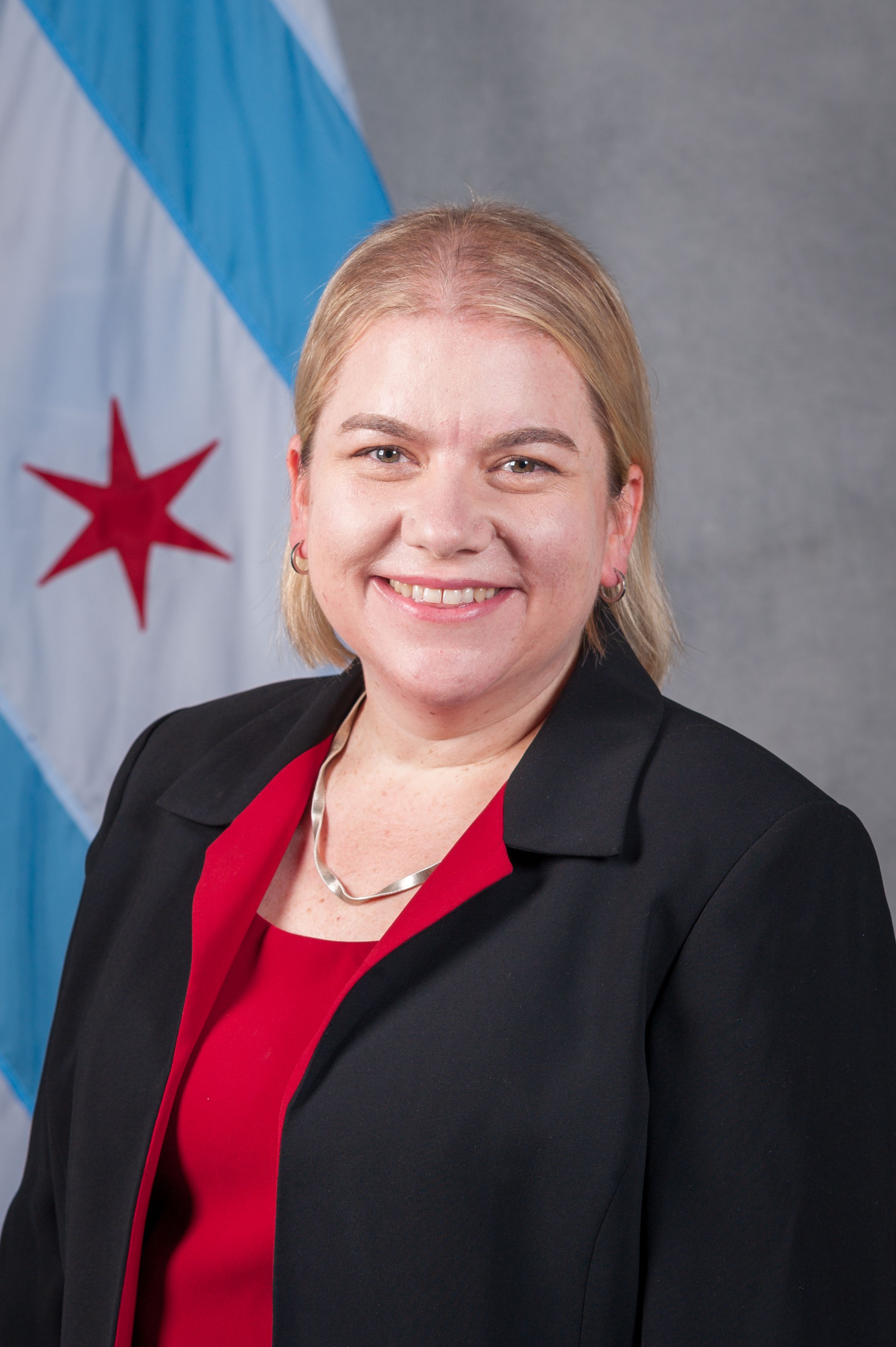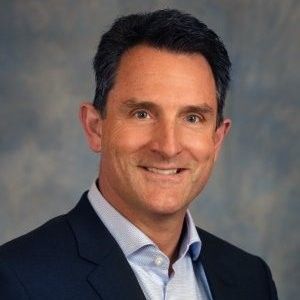- Bone Health
- Immunology
- Hematology
- Respiratory
- Dermatology
- Diabetes
- Gastroenterology
- Neurology
- Oncology
- Ophthalmology
- Rare Disease
- Rheumatology
Panel: Build Health Care System Resilience With Biosimilars
COVID-19 exposed a lot of holes in the public health safety net. An Amgen panel focused on ways to extend the reach of US medicine to make it more inclusive.
The COVID-19 pandemic has exposed weakness in the US health care system on multiple levels, including drug supply discontinuity, poor access to health care, and health care system financial stress.
These problems can be solved with greater advance preparation and collaboration among stakeholders, and biosimilars have a role to play, too, said a panel of experts convened this week by Amgen Biosimilars, a division of Amgen.
The discussion on health care resiliency and sustainability included Cecelia Calhoun, MD, MSPH, MBA, assistant professor of medicine and assistant professor of pediatrics at Yale Cancer Center and Smilow Cancer Hospital, where she directs the Adolescent-Young Adult Sickle Cell Program; Allison Arwady, MD, MPH, commissioner of the Chicago Department of Public Health; and Michelle McMurry-Heath, MD, PhD, president and CEO of the Biotechnology Innovation Organization.
They were joined by Ian Thompson, MBA, senior vice president and general manager of US General Medicine for Amgen.
In underserved communities, many are unused to access to health care, so despite the availability of COVID-19 vaccines, many have not stepped forward to receive this potentially lifesaving treatment, Arwady said.
“They’re too used to being shut out. We need to rethink ways of delivering care,” she said.
Calhoun said the public health safety net is not stretched evenly across the landscape. “We need to acknowledge gaps in health care before we can address them. That includes understanding how we interact with communities,” she said.
She and others in the discussion noted that chronic diseases have often been poorly treated during the pandemic because of lack of continuity in care. This has led to a higher risk of mortality, especially among those with sickle cell disease, whom Calhoun treats, but also among those with asymptomatic conditions, such as high blood pressure.
“We have to make sure communities of color and vulnerable communities are involved every step of the way,” McMurry-Heath said.
Residents of disadvantaged communities have been unable to socially distance as effectively as those in more affluent communities. Their jobs may not have given them the opportunity to work remotely, and their housing conditions may be crowded. It may not have been possible for them to stock up on groceries and cut down on trips to stores, Arwady said.
“People have to decide between earning a living or adhering to guidelines, and we’re not out of the pandemic yet,” Calhoun said.
The panelists said lessons to be learned from the pandemic include planning ahead for rapid response and developing interconnected systems among communities and health networks, to ensure treatments and preventive measures are applied where needed.
“We have to involve minority communities from the beginning about how we address infection,” McMurry-Heath said.
Thompson said biosimilars, low-cost alternatives to originator drugs, can play a role in building up resilience of health care systems and improving access to care. “The pandemic highlighted the need for health care resilience and innovation,” he said.
He noted a report that Amgen is working on that he said demonstrates that biosimilars are helping to improve the competitiveness of markets and bring down costs of medicine. A preview of that report, expected to be released later this year, can be found here.
Newsletter
Where clinical, regulatory, and economic perspectives converge—sign up for Center for Biosimilars® emails to get expert insights on emerging treatment paradigms, biosimilar policy, and real-world outcomes that shape patient care.




